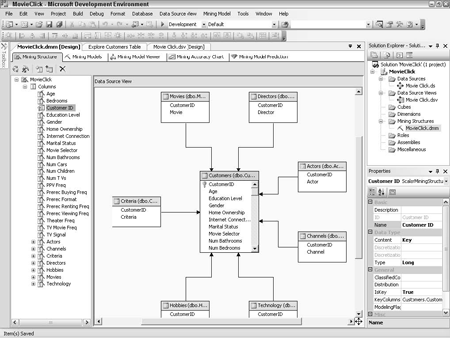
SQL Statement using Where clause with multiple. Using LIKE, IN, BETWEEN, and wildcards to match multiple values in SQL Real-world data is often messy, so we need messy ways of matching values , because matching only on exact values can unintentionally filter out relevant data. Put your condition values into a dataset, and you can use contains or similar in a where condition of a SQL join. Combine multiple CONTAINS predicates into one CONTAINS predicate. In SQL Server you can specify a list of columns in the CONTAINS query.
I came across a forum post where someone wanted to use SQL NOT LIKE with multiple values. They were trying to exclude multiple values from the SQL query, but they were needing to use wildcards. If you wanted to just filter values without wildcards, you would use the following query. I have a search form with checkboxes.
Once an user select n checkbox, I need to build a query that look for a row that contains all those values but a number can be in any of the columns. Example: an user ticks checkbox 0 and 20. APPLIES TO: SQL Server Azure SQL Database Azure SQL Data Warehouse Parallel Data Warehouse Searches for precise or fuzzy (less precise) matches to single words and phrases, words within a certain distance of one another, or weighted matches in SQL Server. The IN operator allows you to specify multiple values in a WHERE clause.

SQL is a language that is generic to all database platforms. Using IN (1854) should work anywhere. To search for values that meet several conditions, you specify an AND condition. Using an OR condition enables you to specify several alternative values to search for in a column.
This option expands the scope of the search and can return more rows than searching for a single value. Some times if we want to update a table or query a table for multiple values in a single column we have to run our simple sql query multiple times. Suppose if you want to get an element value in a column of a table you normally run a select command as shown below. SQL Programming, check if multiple values exist in database.
I want to check if multiple values are exist in the. You have string variable that contains. With any database, the CONTAINS SQL function for SQL Server checks if one string contains a second string as a substring. For Microsoft SQL Server and similar systems, CONTAINS lets you do full-text term pattern-matching queries on your tables.
You can also using the wildcard multiple times with the LIKE condition. The LIKE operator is used in a WHERE clause to search for a specified pattern in a column. There are two wildcards used in conjunction with the LIKE operator: - The percent sign represents zero, one, or multiple characters. The underscore represents a single character. Value FROM Sales s JOIN SalesStaff ss ON ss.
Passing multiple values into a variable is a little more difficult than it should be. In other languages you can use functions such as Lists or Arrays, but SQL makes it a bit more complicated. To show you what I mean, let’s look at an example. You can use a more compact form of the SQL CASE expression if you’re comparing a test value for equality with a series of other values.
This form is useful within a SELECT or UPDATE statement if a table contains a limited number of values in a column and you want to associate a corresponding result value to each of those column values. PATINDEX(expression, field). The result however is the same. Contains (T t)will be supported in EF in.
LINQ query above in the next version of EF. If someone could help, I would really appreciate :) ! Can anyone give me tips on whats going on.
No comments:
Post a Comment
Note: Only a member of this blog may post a comment.